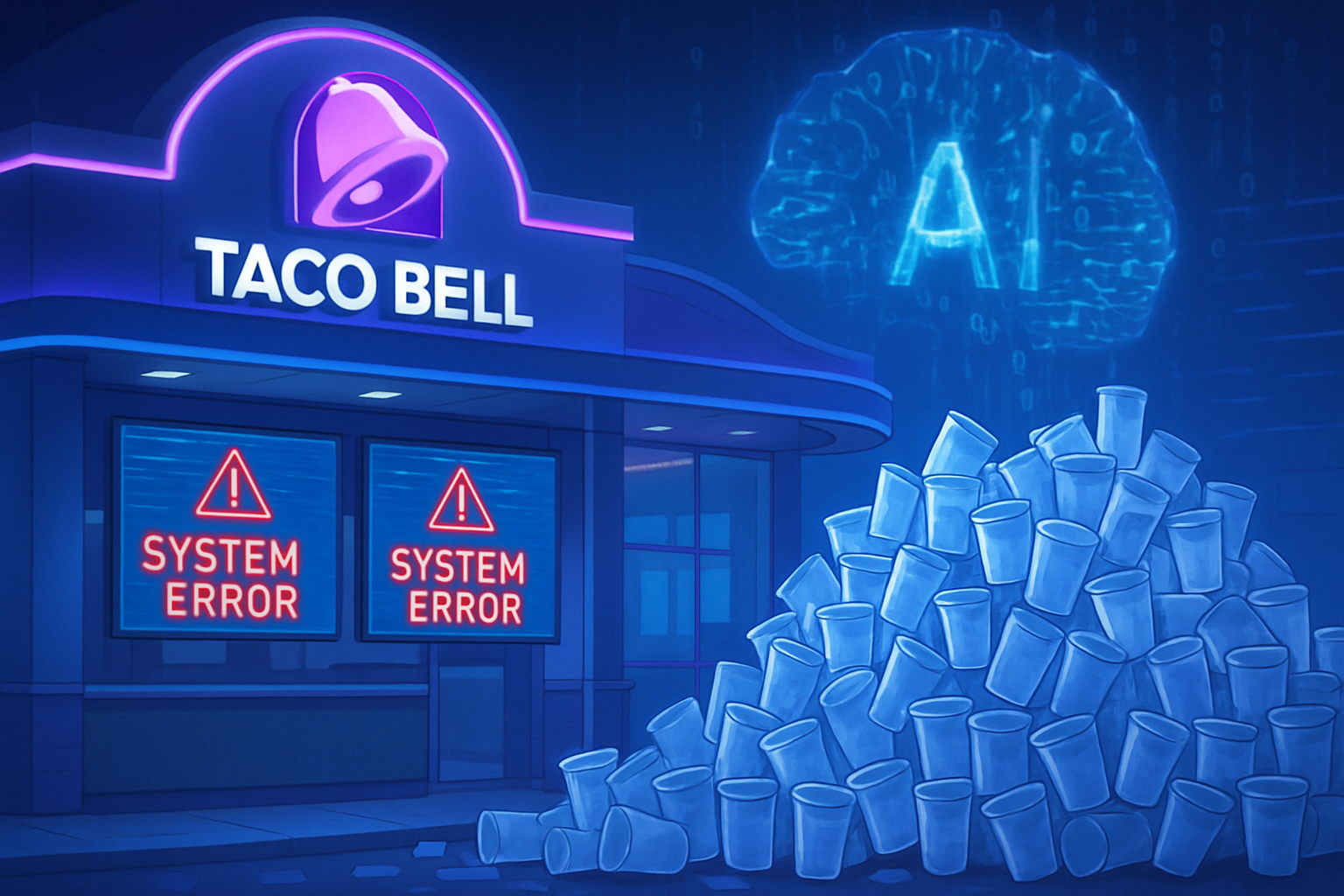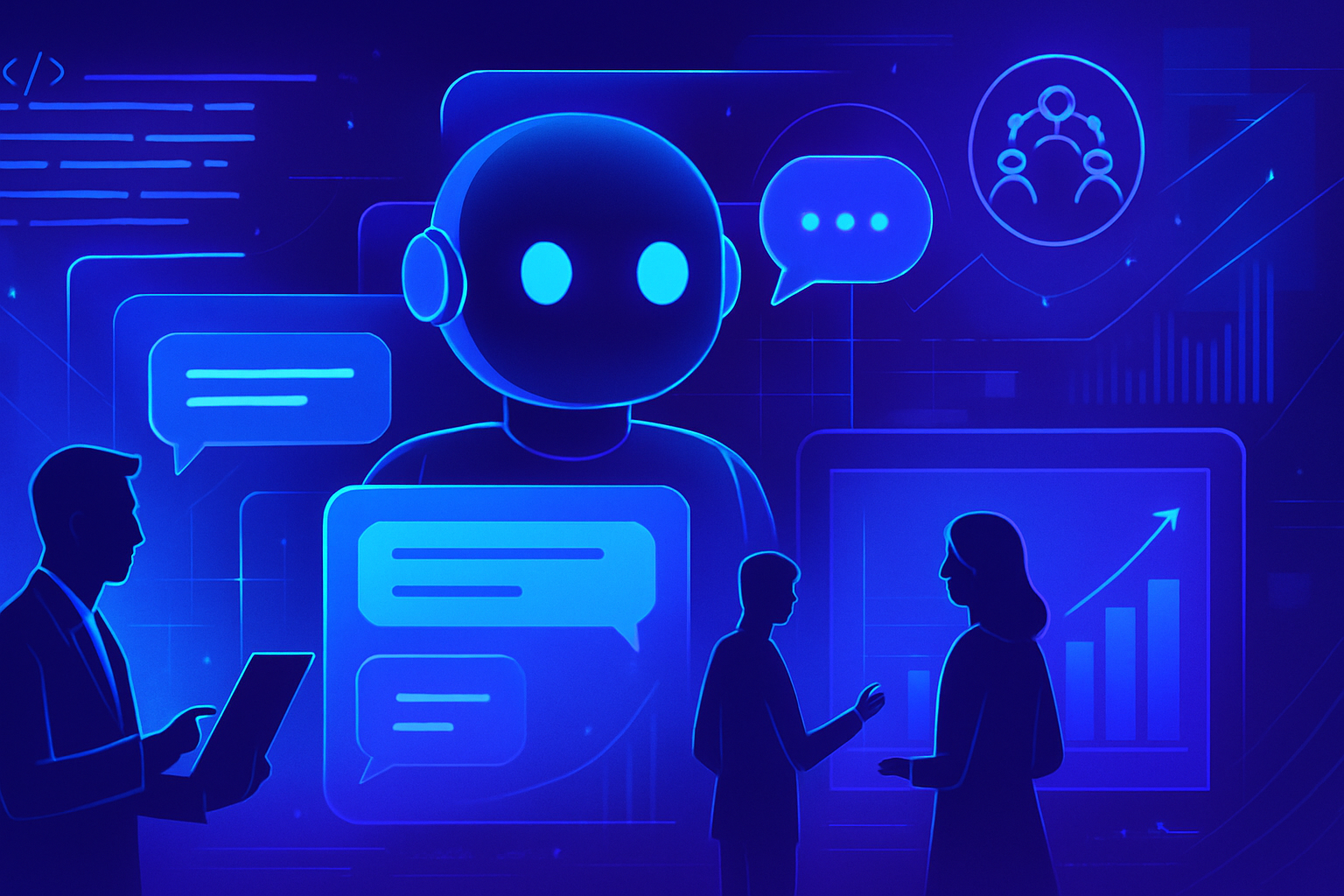The current frenzy around artificial intelligence exacerbates security challenges. A rushed integration of AI systems creates *new unacceptable vulnerabilities*. The stakes of data protection become crucial in the face of this uncontrolled evolution.
Every day, companies invest staggering amounts in AI-powered solutions, *often indiscriminately*. This frantic race for innovation paves the way for risky practices, thus threatening user security. Tools once considered benign are transforming into attack vectors, highlighting the urgency of strategic thinking about the implications of AI.
The consequences of poorly framed deployment are daunting, making *vigilance* on cybersecurity essential. The response of governments and private actors to current excesses will be decisive for the integrity of our systems.
The frenzy around AI and its security implications
The rise of artificial intelligence (AI) accompanies a global frenzy that continues to inflame passions. As billions of dollars are invested in AI projects, companies announce their “AI-powered” products. This phenomenon prompts a shift toward technologies often implemented without sufficient caution, neglecting the real cybersecurity stakes.
A reckless adoption of AI
Many companies are integrating AI into critical systems, such as banking, healthcare, and defense. Such adoption without due diligence paves the way for considerable vulnerabilities. Coordinating AI systems with sensitive databases raises major concerns about potential information leaks.
Emerging threats
As AI platforms multiply, threats are also evolving. Injection attacks, data exfiltration, and attempts to bypass security (also known as jailbreaks) are on the rise. These malicious acts exploit the weaknesses of AI systems, thereby compromising critical data.
Cyberattacks: the case of DeepSeek
DeepSeek, a Chinese chatbot, perfectly illustrates the current dangers. Cybersecurity authorities have expressed pertinent concerns about the inherent security flaws in this application. Users are exposed to risks such as sending unencrypted data and routing their interactions to companies in China. A worrying contrast to the necessity of protecting personal data.
The need for a risk-based approach
A thorough analysis of the risks associated with AI becomes paramount to develop a security approach. Implementing robust cybersecurity standards can mitigate the risks associated with AI systems. Establishing a culture of vigilance regarding threats must become a priority in organizations working with these sensitive technologies.
Examples of regulation and governmental anticipations
American states, such as Texas, have already prohibited the use of DeepSeek on their official devices, attempting to stem the risks. However, this type of prohibition remains superficial without deeper corrective actions. The challenge lies in the increasing use of AI tools on personal devices, further exposing sensitive data to adversaries.
The challenges of trust in AI
Trust in AI cannot be built on a blind approach. Companies must disclose where and how data is stored, as well as the security measures implemented. Increased transparency enhances the accountability of AI stakeholders while protecting users.
The lack of education on AI-related risks
There is an urgent need to educate the public regarding the dangers of AI tools. Users must understand that these technologies, often presented as convenient, also pose significant threats. By raising public awareness about security risks, we encourage a more informed and conscious approach to using AI tools.
The irreversible consequences of poor AI management
Common cybersecurity errors raise substantial concerns. Once sensitive data is compromised, it is practically impossible to recover. Integrating AI into critical environments without adequate safeguards can have devastating and lasting consequences.
Future perspectives on AI cybersecurity
The decisions made now will shape the future of cybersecurity in the context of AI. Governments must impose strict regulations regarding the security and privacy of AI-related data, particularly that of dubious origin. The implementation of such regulations conditions the evolution toward a reliable and secure digital environment.
Opportunities and challenges to be addressed
While AI offers unparalleled opportunities to improve digital security, it also increases challenges. The malicious use of AI is part of the growing concerns for cybersecurity professionals. Nevertheless, international collaboration on cybersecurity standards can help mitigate threats on a global scale. International cooperation is essential to establish robust security protocols. Companies must also commit to creating AI systems that do not compromise their users’ security.
Questions and answers on the impact of AI on cybersecurity
How can the frenzy around AI lead to increased cybersecurity risks?
The frenzy around AI drives companies to rapidly integrate artificial intelligence systems into their operations, often without conducting adequate security assessments, which can create vulnerabilities exploitable by cybercriminals.
What types of data are particularly vulnerable through AI systems?
Sensitive data such as personal, financial, and professional information are particularly vulnerable, as the integration of AI into poorly secured applications can allow for their interception or easy exfiltration.
What are specific examples of vulnerabilities related to AI?
Vulnerabilities such as data injection, security bypass (jailbreaking), and model poisoning are common examples of flaws that can be exploited in AI systems.
What measures can be taken to secure AI systems?
It is essential to conduct regular security audits, encrypt sensitive data, train staff on the risks associated with AI, and implement strict data privacy policies.
Why is it important to regulate the use of AI in businesses?
Regulation can help establish security and transparency standards, ensuring that businesses consider cybersecurity implications when integrating AI.
How can users protect their data in the face of AI?
Users should be vigilant about the applications they use, inquire about the privacy policy of platforms using AI, and avoid providing sensitive personal data when it is not necessary.
What are the possible consequences of a data breach caused by AI systems?
Data breaches can lead to financial losses, reputational harm, regulatory penalties, and loss of customer trust, thereby exacerbating the negative impacts on the business.
Can AI technology also improve cybersecurity?
Yes, AI can also be used to enhance cybersecurity by detecting anomalies, analyzing massive volumes of data to identify threats, and automating incident response.
How can businesses balance AI innovation and security?
Businesses should adopt a risk-based approach, prioritizing security assessments and gradually integrating AI while continuously monitoring the impacts on cybersecurity.






